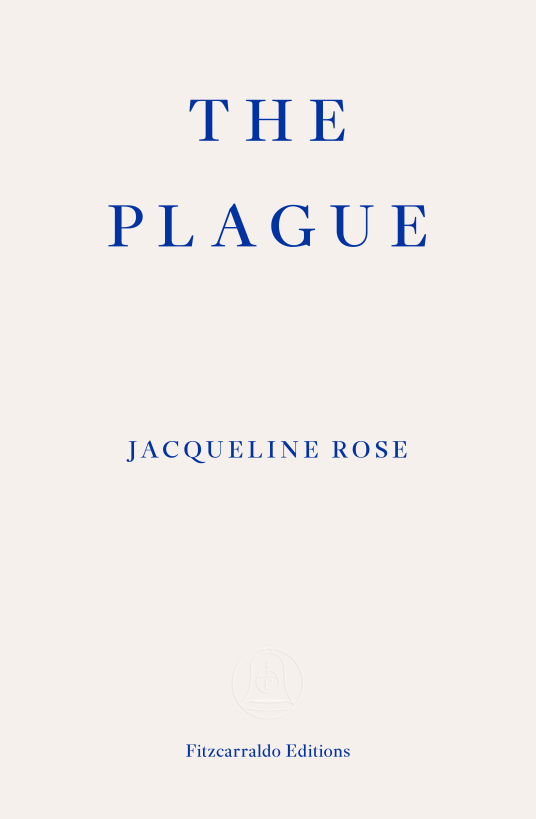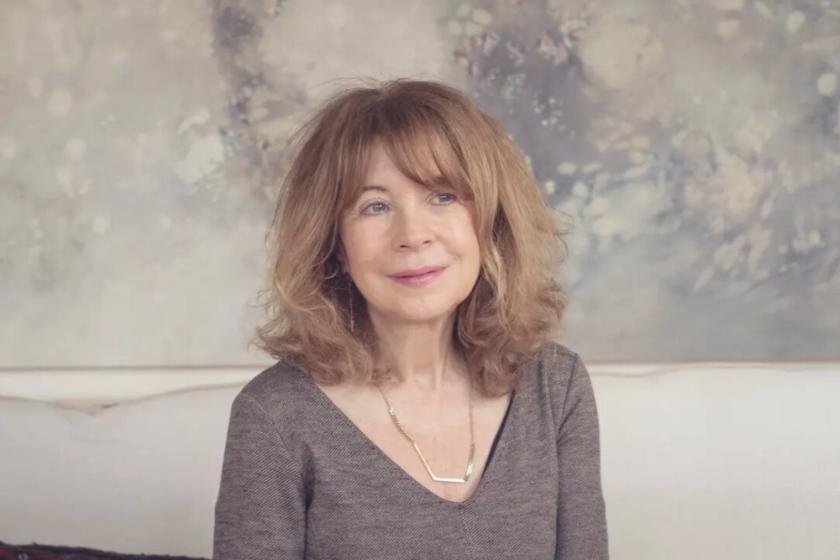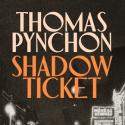In The Plague: Living Death in Our Times, Jacqueline Rose makes a surprising pivot from her usual topics – Sylvia Plath, children’s fiction, Zionism, to name a few – to throw a spotlight on the Covid-19 pandemic. It was hard to process the experience while it raged, she argues, and it feels even harder to process things now, when normalcy has made its tentative return and there is all the more reason to forget.
This book, then, is not only ambitious in scope, but startingly up-to-date in ways that other explorations of the pandemic are perhaps not, set as it is on reminding the reader that, while we may be some way out of the woods, there remains a discomforting after-effect. So, despite dealing explicitly with the pandemic, Rose establishes a formulation within a period bookended by two key events: the beginning of UK lockdown and the invasion of Ukraine, yoking them together in accordance with Albert Camus’ assertion that “the two realities of history which to date people have never been prepared for [are] plagues and wars,” and an understanding that, often, one disaster bleeds into the next. This stands in quiet structural defiance to the usual narrative rolled out by news outlets, in which each constituent tragedy stands isolated and disconnected from the other.
To start, Rose assuages the panicking reader by exploring plagues of yore. Invoking guiding lights like Camus, Freud, and Simone Weil – all of whom lived under the glare of the Spanish Flu, as well as two World Wars – our plight is not only contextualised, but considered within a framework of already-lived experience. Though none of the precedent thinkers listed above knew quite what to do with their plagues, we can still learn from their diverse and protracted commentaries on the issue, which all seek to understand and explain human inadequacy in the face of large-scale tragedy. Rose doesn’t stretch the sickness genealogy back further, to include, for instance, Defoe on the Great Plague, or Boccaccio in his sickness-stricken The Decameron, but there are echoes of these forefathers in her liberal invocation of other thinkers and writers – a necessity, I suppose, of a genre of writing that is in itself contagious, that thrives on previous models of response. It is from this shared conceptual foundation that Rose can legitimise her claims of the government’s utter mismanagement of the crisis, as well as, at times, our own shoddy, all-too-fallible modus operandi.
 Armed with this laser-sharp focus, Rose begins to transpose the moral reasoning of the past onto the spectrum of response displayed by anyone (by this I mean everyone) affected by the most recent pandemic. It would be futile to resurrect here all of the questions Rose poses throughout (the text, at times, seems to reverberate with rhetorical queries of varying poignancy), but needless to say, our attention sharpens as we are reminded of certain fundamental truths, such as the indignity of a Covid death: recall the “lack of state provision, the missing medical supplies, the dearth of equipment and isolation from human touch.” “Robbed” is the word used by Rose to describe the experience of having a noble ending wrenched away, from both “the one dying, and those closest to her or him.” Throughout, there resonates the uncomfortable concession that not even the most in-depth essay or think-piece can soothe those who lost loved ones.
Armed with this laser-sharp focus, Rose begins to transpose the moral reasoning of the past onto the spectrum of response displayed by anyone (by this I mean everyone) affected by the most recent pandemic. It would be futile to resurrect here all of the questions Rose poses throughout (the text, at times, seems to reverberate with rhetorical queries of varying poignancy), but needless to say, our attention sharpens as we are reminded of certain fundamental truths, such as the indignity of a Covid death: recall the “lack of state provision, the missing medical supplies, the dearth of equipment and isolation from human touch.” “Robbed” is the word used by Rose to describe the experience of having a noble ending wrenched away, from both “the one dying, and those closest to her or him.” Throughout, there resonates the uncomfortable concession that not even the most in-depth essay or think-piece can soothe those who lost loved ones.
The problem, it soon transpires, lies with our own complex reactions to the inevitability of mass suffering. In this instance, the pandemic – like others in human history – provided a real opportunity to overhaul oppressive systems under which few of us thrive and most of us suffer. Rose struggles with the reality that a shift in public consciousness around institutional disparity did not equate to manifest change. At the time of her writing, this inaction was epitomised by Russia’s invasion of Ukraine. At the time of my own, it has been revealed that the Met police – to the surprise of few – remains structurally racist, misogynistic, and homophobic. Another concrete example Rose gives are victims of domestic violence, for whom the phrase “lockdown” connoted danger far beyond what might be found in a crowded Tube carriage. Whatever progress had been made crumbled one evening in March 2020. It is not that we are bad or ineffective people (though the argument can be made that, at the moment, we are ruled by them), it is that daily constraints on our resources limit the extent to which we can galvanise and enact change, and that the strategies for growth afforded by disaster often remain theoretical. This is especially the case, to return to the book’s beginning, at a time when we are being encouraged by the self-same toxic institutions to wrap Covid-19 up into a neat little package and file it away in our mind’s dustiest nook.
Simultaneously, though, purity is an impossible standard. Striving towards attainment of unblemished virtue quashed nuance during our plague, made curtain-twitching a nation-wide pastime, and placed blame not on the “scoundrels” who mismanaged the whole thing (what a delicious coincidence in English, that that the “pest” in “pestilence” stands for both sickness and rogue), but on citizens just trying to get through each day as best they could. Imperfection is asserted as a universal attribute. We are invited, on this basis, to turn our attention inward: What can we ask of ourselves that we might have asked – be asking – of the polity? What traits or thought processes can we identify as productive in the face of emergency? And, alternatively, what in us remains static or reactionary? Rose suggests that it is only through untangling these questions that we can begin to claw back some meaning from the last few years, and start to challenge fresh woes such as the war in Ukraine. Thus she offers an ever so slightly vague ending to The Plague, a book that ultimately – though this not strictly a criticism – bursts less with material solution than evocative questioning.
- The Plague by Jacqueline Rose (Fitzcarraldo, £12.99)
- More book reviews on theartsdesk















Add comment